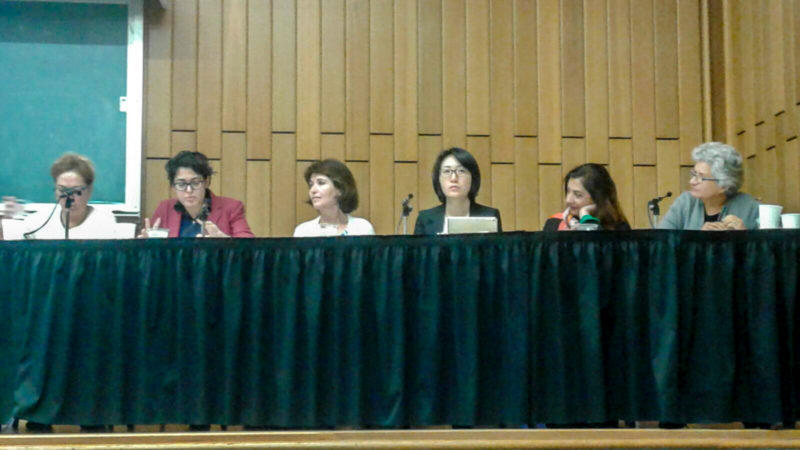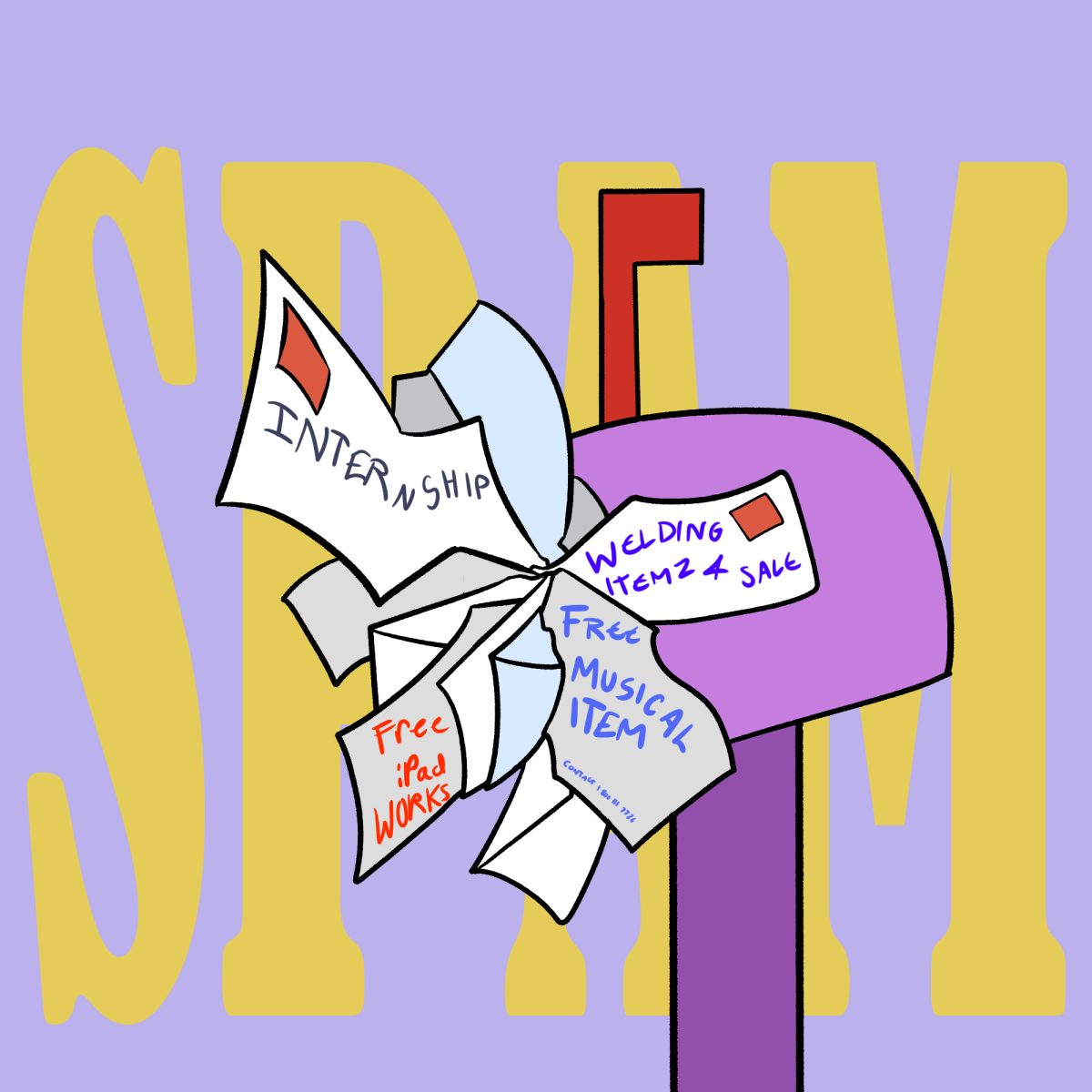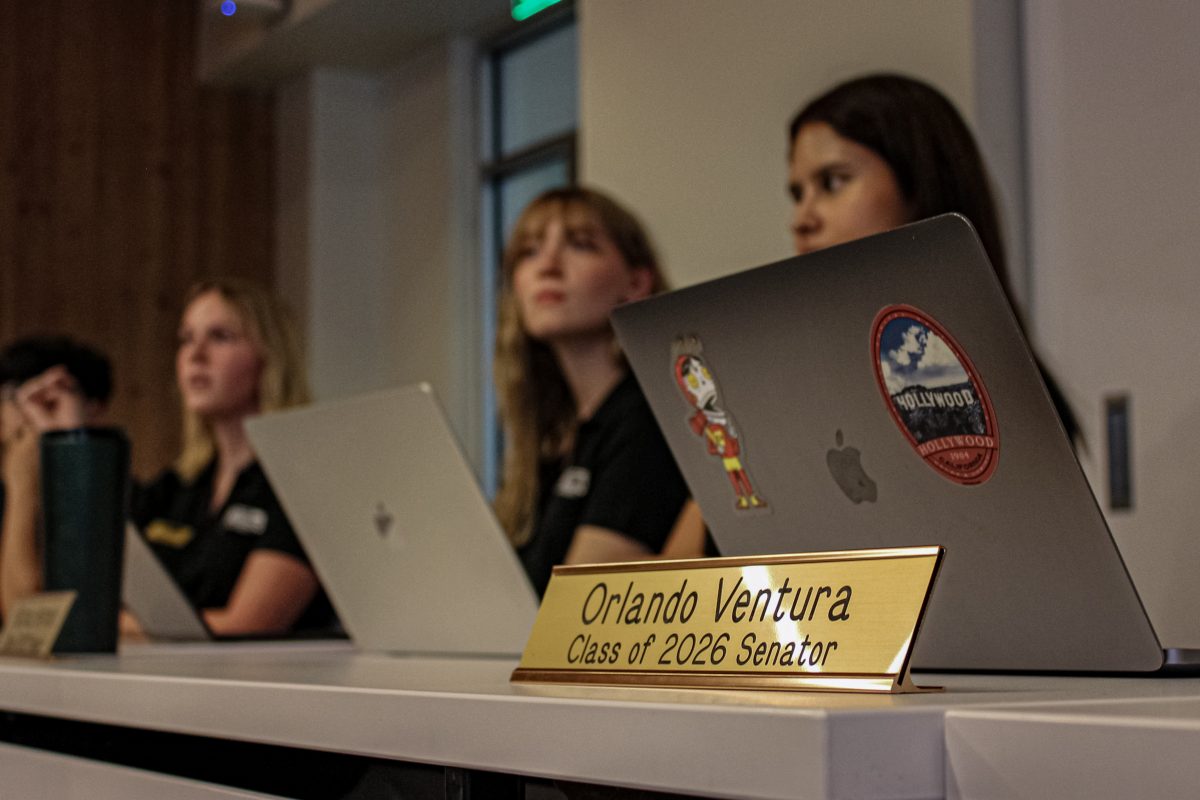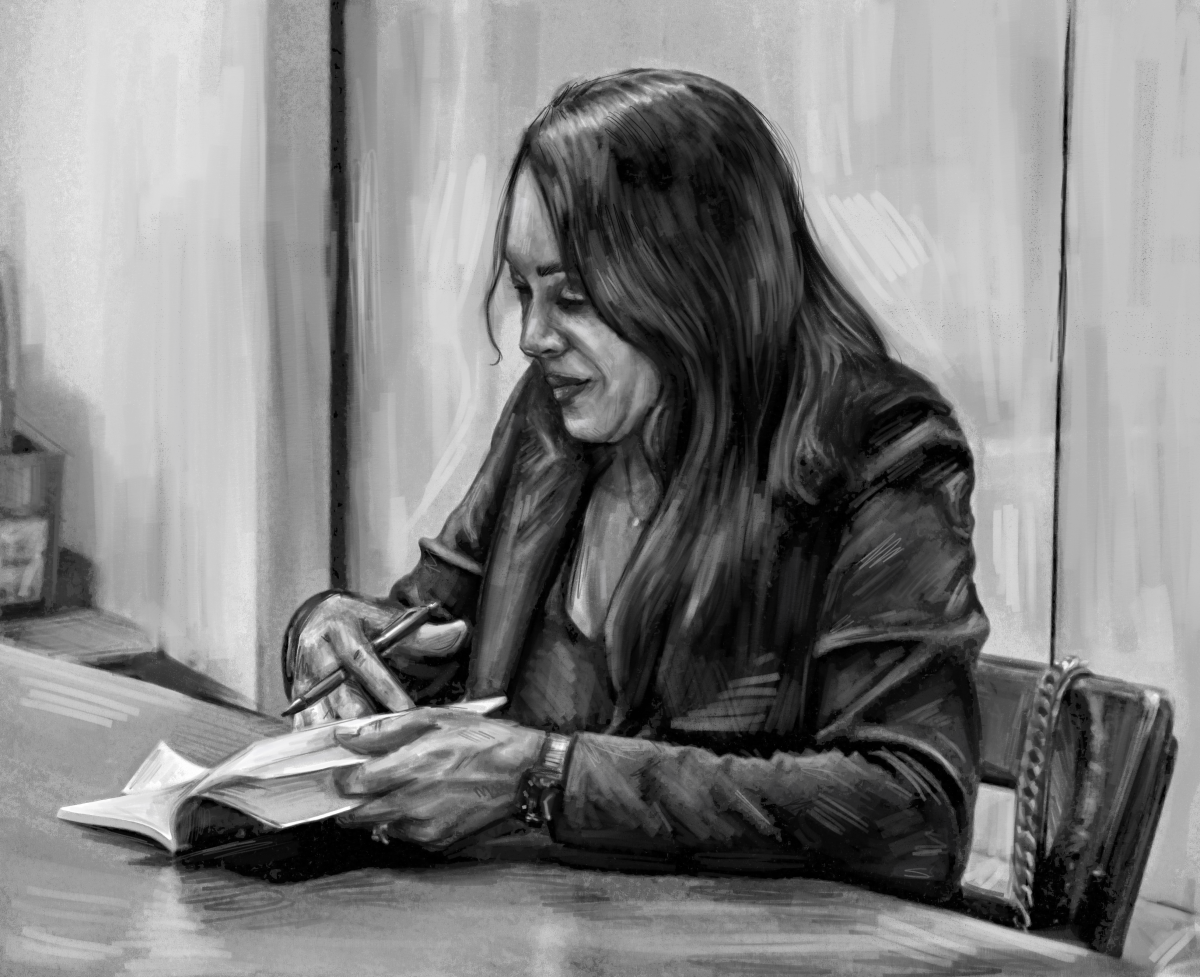In response to Trump’s refusal to re-certify the Joint Comprehensive Plan of Action (JCPOA), a deal between the United States and Iran over nuclear weapons, Trinity hosted a conference over the role Iran plays in the world. This event was primarily coordinated by Sussan Siavoshi, Cox Chapman professor of political science.
“I started thinking about this last year because of the passing of the Joint Comprehensive Plan of Action, which is a nuclear deal between Iran on the one hand, and … the United States, Russia, China, Germany, France, the United Kingdom and EU as a whole,” Siavoshi said. “The deal was really reached after a really arduous journey of diplomacy. … On the one hand, it was considered the greatest diplomatic achievement of President Obama, but on the other hand Mr. Trump considered it as the worst deal, a disastrous deal and an embarrassment.”
The conference had been planned far in advance of these recent actions, as news of Trump’s actions broke less than a week before the event, which happened Oct. 20″“21. Siavoshi had been planning this for over a year with fellow colleague Farideh Farhi, affiliate graduate faculty of political science at the University of Hawaii in Manoa.
“About a year ago, as the JCPOA had become a reality, we began talking about having a conference, but then we decided that was too soon, so therefore giving it more time to see what its implications are would be very important,” Farhi said. “We thought the process itself was significant because it was very different than what had happened since 9/11. … We thought it was important to take a look at it in terms of the implications of it, not only for Iran’s role in the world, but in terms of what it means and where global dynamics are going.”
Since it has been enacted, the deal has been subject to a lot of controversy; people from both countries have individuals who support it, and those who oppose it. As such, those speaking at “Iran in the World” aimed to highlight those issues.
“Our conference wants to look and see how Iran’s relationship has been shaped after the deal, whether things have changed, whether it’s successful or not in promoting stability and peace, or whether it promotes instability,” Siavoshi said. “We’ll have a few panels on Friday and Saturday, and we’d like to investigate Iran’s relationship with several countries “” the United States of course, Russia, China, the EU, Saudi Arabia, Israel and a few more.”
Panels were organized into three parts. A presenter started out by presenting their paper on the relationship between Iran and another country, a commentator responded to the presentation, followed by a 15-minute period where the audience could ask questions. The series of panels began with Ali Ansari, professor of modern history at St. Andrews University, who discussed the relationship between Iran and the United States.
“The Iran-U.S. relationship is extremely emotional, based in many ways on two foundations that the two countries take seriously,” Ansari said. “On the Iranian side, is the coup of 1953. … On the American side is the hostage crisis of 1979, and that has been pivotal and central to the image of Iran within the American public and political consciousness.”
Ansari’s presentation was followed by a discussion from Trita Parsi, current president of the National Iranian American Council.
“This is a very interesting and important dimension, but there is a reality outside of these narratives that is a bit more important,” Parsi said. “I think the deal was undersold; any arguments trying to seek the admin’s broader context were very heavily pushed back by the administration, and they didn’t talk about anything besides the nuclear agreement. … They wanted to make sure the failure or success was only about the nuclear aspect.”
Both Ansari and Parsi mediated audience questions in the Q&A following the paper’s discussion. Trinity students, professors and additional visitors were all in attendance, as the conference was free and open to the public.
“Our goals were twofold: one, to actually allow the public to hear certain nuanced, passionate analysis of the Iran and U.S. relationship, as well as other countries, and also, we would like this to be a very scholarly conference so we can actually have a book out of it for the academic community,” Siavoshi said.
This was the first conference that Siavoshi had organized. Upon collecting the papers from presenters and discussants, she and Farhi will collaborate to put together a comprehensive book over Iranian relations.
Part of the reason these kinds of conferences are important is so people can engage in discussion about the impact and potential implications,” said Farhi. “Because there are disagreements about what the implications [of the JCPOA] are, this is an avenue for people to air their points of view.”
For those interested, a complete list of the participants of the conference may be found at conferences.trinity.edu.








